Entry Category: Business Leaders
 Now Rebuild Arkansas
Now Rebuild Arkansas
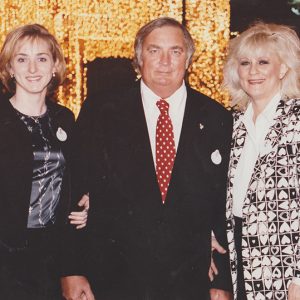 Osbornes
Osbornes
Ottenheimer, Gus
Palmer, Clyde Eber
Pankey, Josephine Irvin Harris
 Pearson Ad
Pearson Ad
Pearson, John
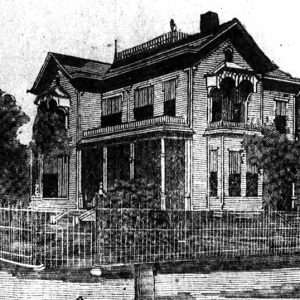 Charles F. Penzel House
Charles F. Penzel House
Penzel, Charles Ferdinand
Person, Charline Woodford Beasley
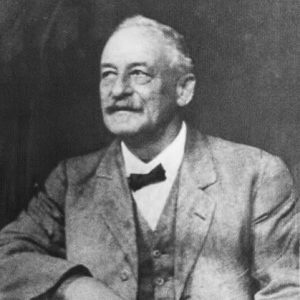 Charles Pfeiffer
Charles Pfeiffer
Phillips, Charles E., Jr
Phillips, Sylvanus
Phillips, William Richard (Bill)
Plummer, Samuel
Pomeroy, Leslie Klett (Les)
Potts, John Kirkbride
Pugh, Johnnie B.
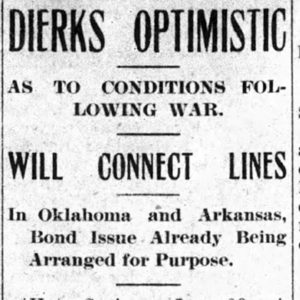 Railroad Development
Railroad Development
Rebsamen, Raymond Henry
Rector, William Field (Billy), Sr.
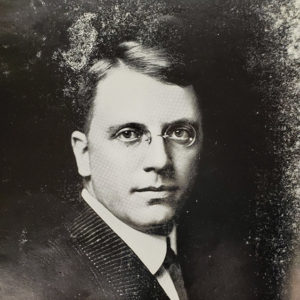 Augustus Remmel
Augustus Remmel
Remmel, Augustus Caleb (Gus)
Remmel, Harmon Liveright
Renfrow, William Cary
Rice, J. Donald
Rice, Wilfred R. “Bud”
Riggs, John Andrew
Roberts, Roy
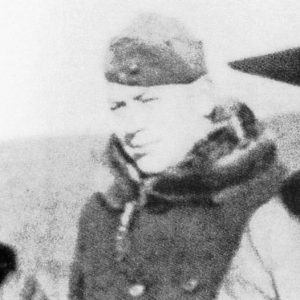 Wendel A. Robertson
Wendel A. Robertson
Robertson, Wendel Archibald
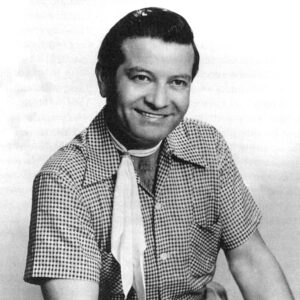 Fabor Robison
Fabor Robison
 Rockefeller Memorial
Rockefeller Memorial
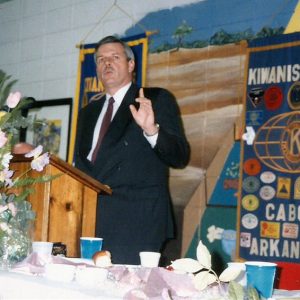 Winthrop Rockefeller
Winthrop Rockefeller
Rockefeller, Winthrop Paul
Rodgers, James Ronald, Sr.
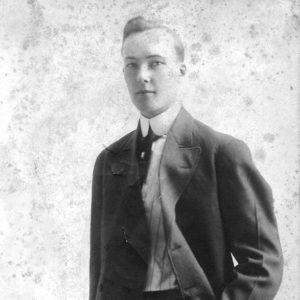 Gustavus Roescher
Gustavus Roescher
Roescher, Gustavus
aka: Gus Rusher
Rooker, Oley Eldon
Roots, Logan Holt
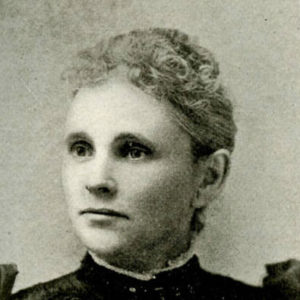 Emily Blakeslee Roots
Emily Blakeslee Roots
Rosewater, Benjamin J. (B. J.)
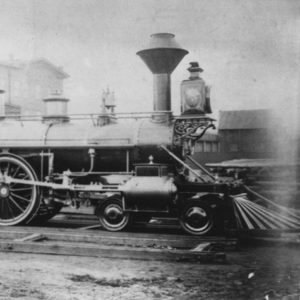 Roswell Beebe Locomotive
Roswell Beebe Locomotive
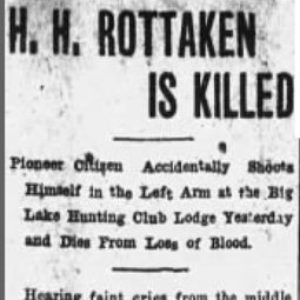 Rottaken Death Article
Rottaken Death Article
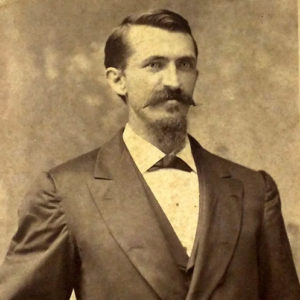 Herbert Rottaken
Herbert Rottaken
Rottaken, Herbert H.
Sager, Simon
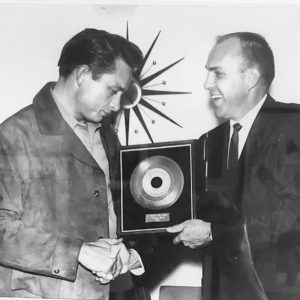 Scaife and Cash
Scaife and Cash
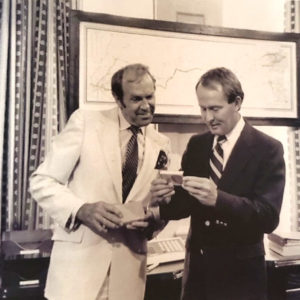 Cecil Scaife
Cecil Scaife




